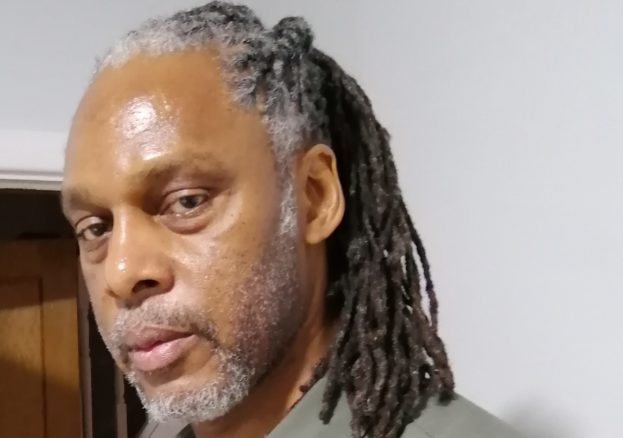
I myself refused to partake in BHM for much of the 90s into the new millennium, because many of the events were compromised, more so if they were funded by the local councils: which they should be. At one such event I witnessed Irish folk dancers and couldn’t fathom the link. However, during BHM 2003, I was invited to a secondary Catholic Girls’ school in South London where I had, let’s say, an epiphany during a special assembly.
I’ll never forget how the majority black students literally sunk in their seats, when they realised that Dr Henry, their main speaker, was a dread. Now anyone who is used to delivering these sessions, is probably used to this reaction, but what I experienced was different; it felt like an outpouring of collective shame. So instead of delivering my full presentation I spoke for a while on the notion of shame and then played them a couple of tunes, the content of which became the basis for discussion. They are featured in the 30 I have selected below, which are some of my favourites due to their poignant messages (Nicodemus is in there because he was my favourite deejay).
The first tune I played as part of my epiphany (well I showed them the video from the BBC archive), was ‘Ku Klux Klan’ by Steel Pulse (1978), where some of the band wore white hoods. I over emphasised the introduction where David Hinds said, “This one now, right, straight at the National front, and straight to the head of the Ku Klux Klan leader, David Duke.” I explained to them how powerful and unprecedented this performance was. I told them I remembered how everyone was talking about how clever the tune was to link the treatment that Africans/blacks were facing in the UK, to the most identifiably racist group on the planet. In fact, they perhaps should re-release it in light of what is happening in the USA and the UK right now, with Trump and Brexit emboldening the rife racists once again.
The second tune I played was by Macka B ‘The Effects of Slavery’(2000) and I got all in attendance, including the teachers, to recite the last line with me “what’s wrong with us, was the black holocaust not so serious?” After we finished reasoning through the lyrical content of the tunes, the same students who were cowed upon my arrival were sitting upright, enthused and uplifted, because I explained to them I have no time to berate white people and even less time to wallow in misplaced and misguided shame. I chose the medium of reggae music because that is a font of my knowledge, perhaps also my number one source of education about the black/African global struggles for liberation when I was in my youth. The tunes I have selected speak to different aspects of our struggles against white domination, in a language that is owned and controlled by the people. This is important because ‘knowledge gives us the power to enslave or liberate’, during BHM and beyond.
Peace and blessings
Dr Lez
- Flesh of My Skin – Keith Hudson
- The Promise Land – The Royals
- Black Man Time – I Roy
- Armageddon – General Echo
- Revolution – Dennis Brown
- Slave Master – Gregory Isaacs
- True God – Sizzla
- I Shall Sing – Marcia Griffiths
- Heart of a Lion – Shabba Ranks
- Til’ I’m laid to Rest – Buju Banton
- So Jah Seh – Bob marley and the Wailers
- Black Woman – Judy Mowatt
- Bone man Connection – Nicodemus
- The Effects of Slavery – Macka B
- Guidance – Nerious Joseph
- Mi God Mi King – Papa Levi
- African Tears – Peter Hunnigale
- African Story / African Glory – Mikey General
- English Gal – Sister Audrey
- Mr DC – Sugar Minnott
- Ku Klux Klan – Steel Pulse
- Bobby Babylon – Freddie McGregor
- She’s My Lady – The Administrators
- Prophecy – Fabian
- Equal Rights – Peter Tosh
- To Be Poor is a Crime – Still Cool
- Poor and Humble – Wayne Wade
- Warrior Stylee – Mikey Dread
- Swarm Me – Anthony B
- Why Worry – Israel Vibration
